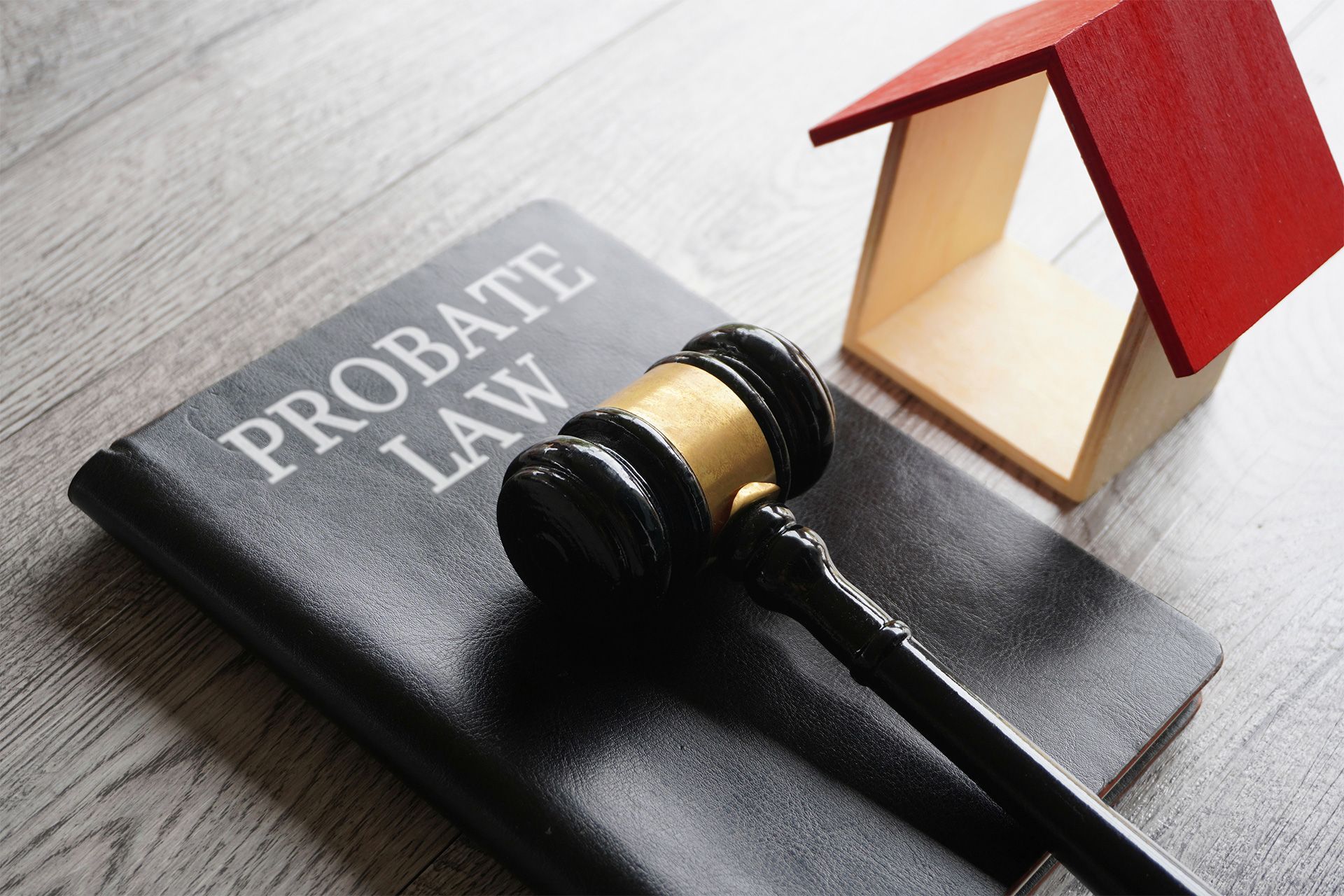Estate plans are generally either will-based or trust-based plans. At Doane & Doane, PA, we provide both will and trust-based estate planning services . As the name suggests, a will based estate plan centers around a last will and testament.
Understanding Will Based Estate Planning
What is a Last Will and Testament?
The last will and testament establish who will inherit the party’s property upon death. It also establishes how and when the property is inherited. If the person drafting the will wish to delay the inheritance, this can be done in the will. For example, if the individual inheriting some or all of the estate is a minor, or simply immature, the will establishes the age the person must attain before inheriting the property. If you have minor children, the last will and testament establish a guardian or guardians for the children. Without a will or appropriate trust, the government will appoint a guardian for your children. Finally, the will name the individual responsible for distributing the proceeds of the estate pursuant to the terms of the will.
Limitations of a Will
A will only is used upon the death of the individual who drafted the will. For example, if the individual becomes incapacitated, the will has no effect. The will may establish a guardian for minor children, but unless the parent is dead, the naming of the guardians in the will is not relevant.
The will is not a health care directive. Will do not explain how a party should be cared for by medical professionals. A will places no restrictions on extreme medical care nor does it prevent medical treatment from being withheld. Will do not allow parties to avoid court.
The court process upon death is called probate. The probate court oversees the administration of the deceased’s property or estate. Creditors are notified of the death and use the probate process to collect any money they are owed. Only after creditors are satisfied are the remaining proceeds of the estate divided pursuant to the terms of the will.
Wills do not allow the estate to avoid taxes. Even with a will, the estate is subject to appropriate state and federal taxes.
Requirements for a Will
People must be legally competent when drafting a will. This includes being of recognized legal age, as well as having full mental capacity. The party must understand and be aware of the contents of the will, their natural heirs, and the extent of their property. The party must also intend to create the will for the purposes of inheritance upon death.
If You Are Contemplating Estate Planning
You don’t have to know whether a will or a trust would be best for you and your family. You just have to be committed to discussing the possibilities to determine what path is best for you and your family. Let us put our considerable estate planning experience to work for you and your family. Contact us for a free consultation to discuss your options.
Disclaimer: The information on this website and blog is for general informational purposes only and is not professional advice. We make no guarantees of accuracy or completeness. We disclaim all liability for errors, omissions, or reliance on this content. Always consult a qualified professional for specific guidance.
RECENT POSTS






